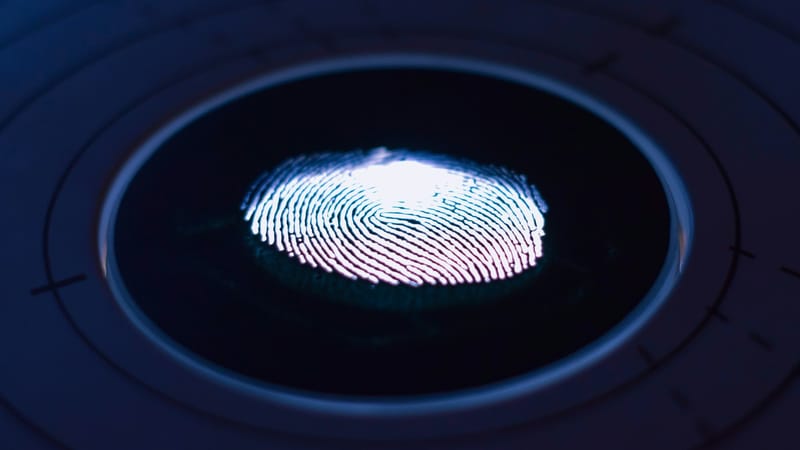Future-Proof Your Career: Why Understanding Legacy Tech Modernization Is a Must for IT Professionals
Gaining these skills requires a commitment to learning, professional development, and practical experience.

The rapid advancement of technology is reshaping the IT landscape at an unprecedented rate. As we forge into the digital future, a report by Gartner estimates that global IT spending will hit $4.5 trillion in 2022, a 5.1% increase from 2021.
Much of this investment focuses on updating outdated systems — a process known as legacy tech modernization. This surge in spending signals a soaring demand for IT professionals with the skills to modernize and transform older technologies.
Staying Relevant in a Shifting IT Landscape
With the accelerating pace of technological change, IT professionals who fail to adapt risk being left behind. Many organizations still rely on systems and applications designed decades ago, but these legacy systems often struggle to meet the needs of a modern business environment. This is where expertise in legacy tech modernization becomes invaluable, and the need for immediate action is clear.
In this article, we will explore why understanding legacy tech modernization is essential for sustaining and advancing an IT career and provide practical advice for developing the necessary skills to remain a vital part of the future IT workforce.
Why Legacy Tech Modernization Skills Matter
Career Relevance and Job Security
In a rapidly evolving digital world, companies are pressured to modernize their legacy systems to improve efficiency, enhance security, and drive innovation. IT professionals who understand the ins and outs of legacy application modernization services are in a strong position to meet these market needs. This expertise makes them more relevant and secures their roles within their organizations.
High-Value Problem Solvers
Modernizing legacy systems can be complex and risky. Professionals skilled in transitioning from old to new systems without disrupting business operations become high-value problem solvers. They are the bridge between the past and future, ensuring that valuable data and functionality are retained while paving the way for new capabilities.
Building Legacy Tech Modernization Expertise
Developing expertise in legacy tech modernization doesn't happen overnight. It's an ongoing process of learning and practical application. Here's how you can build your modernization knowledge base.
Learn Core Modernization Tools & Technologies
Familiarize yourself with modern tools and technologies such as cloud computing platforms, containerization, microservices, and DevOps practices. Understanding how these components work together will give you a solid foundation in the principles of system modernization.
Upskill Through Certifications & Courses
Invest in your professional development by obtaining certifications and enrolling in courses focused on modernization methodologies. Many industry-recognized organizations offer certifications that validate your knowledge and signal your commitment to staying up-to-date with employers.
Gain Hands-on Experience
There's no substitute for real-world experience. Volunteering for modernization projects within your current role, collaborating with knowledgeable peers, or working on personal projects that challenge you to apply your modernization skills are all invaluable. This emphasis on hands-on learning will make IT professionals feel the importance of practical experience.
Future Career Paths in Legacy Tech Modernization
Specializing in legacy tech modernization opens the door to various career opportunities, each with a bright future as companies continue to invest in updating their systems. This stress on the potential for career growth will make IT professionals feel optimistic about their future in the field.
Modernization Consultant
These experts analyze existing systems and provide strategic recommendations on modernization processes, tools, and technologies. They are critical players in guiding organizations through the complexities of updating their IT infrastructure.
Cloud Migration Specialist
A cloud migration specialist's work sharply focuses on moving legacy systems to the cloud. They design and implement strategies that smoothly transition on-premise systems to scalable, cost-effective cloud environments.
Solutions Architect
Solutions architects create the roadmap for how legacy systems will evolve and design comprehensive strategies that align technological updates with business goals.
Digital Transformation Manager
Digital transformation managers oversee the end-to-end modernization process, coordinate resources, manage stakeholders, and ensure that projects fulfil the intended objectives. They are essential to leading successful legacy modernization initiatives.
Conclusion
IT professionals must adapt and evolve to maintain their edge in a field undergoing constant change. Developing expertise in legacy tech modernization cements your career relevance and job security and positions you as a key player in shaping the future IT environment.
As we've explored, gaining these skills requires a commitment to learning, professional development, and practical experience. Each step towards understanding and implementing modernization significantly boosts your value to current and future employers.
Modernize your skill set as you would a system: carefully, methodically, and with an eye on the long-term benefits. Start today to ensure that your career in IT will have a bright and secure future.






